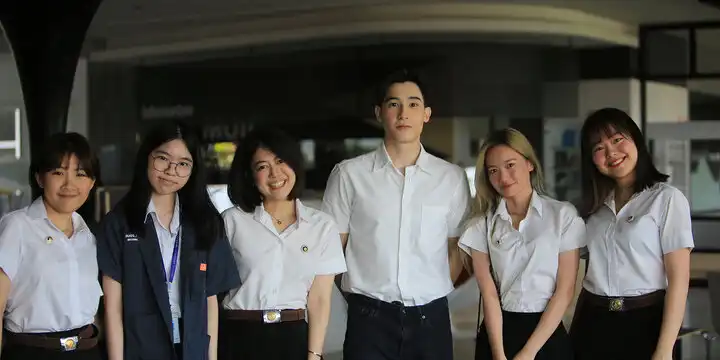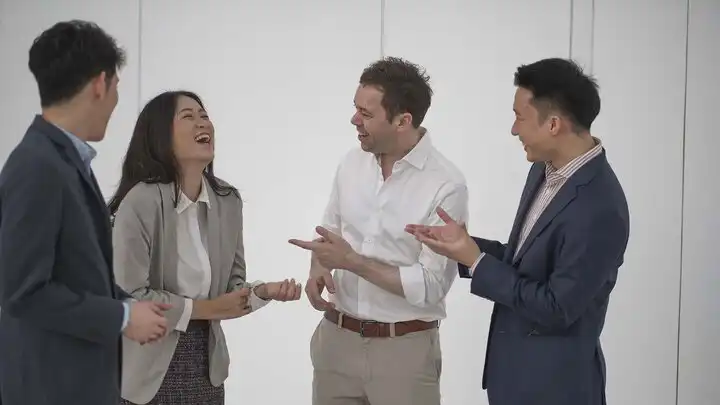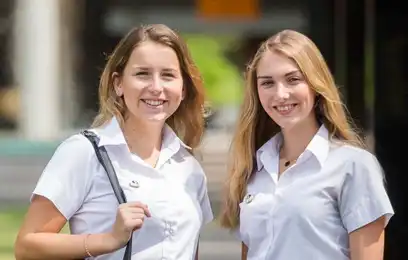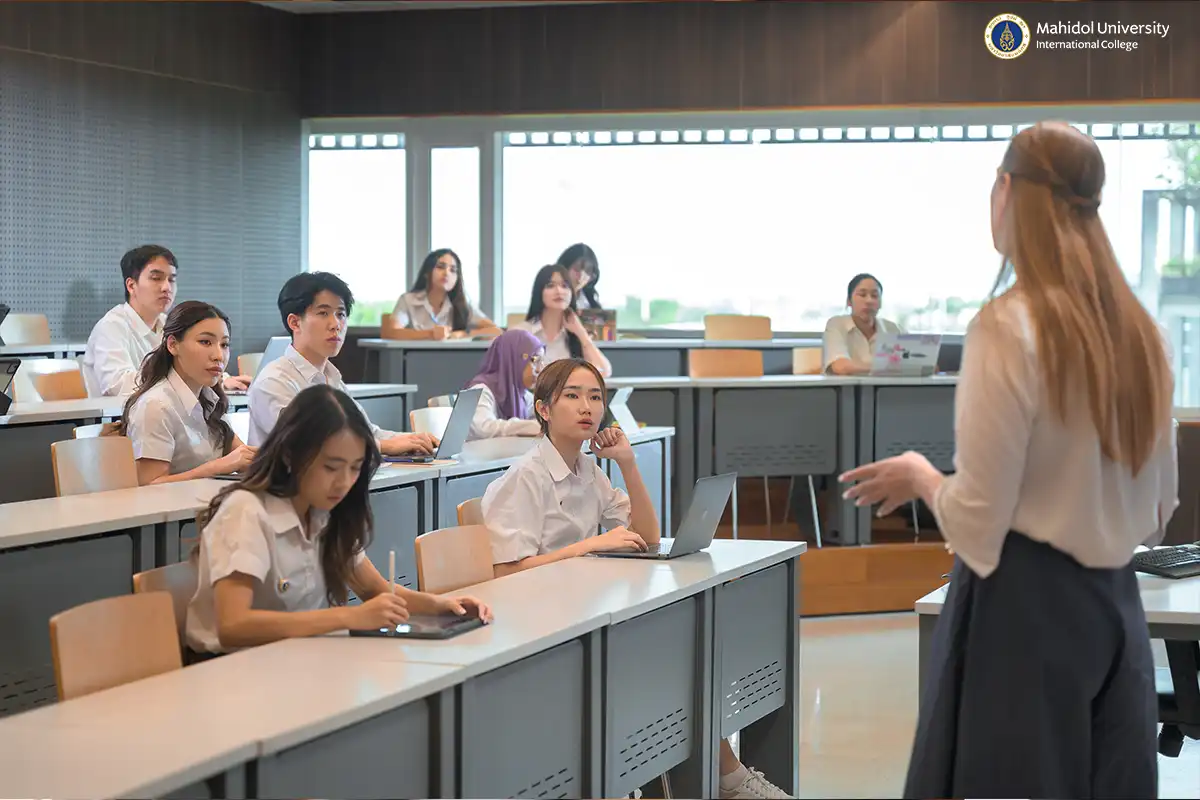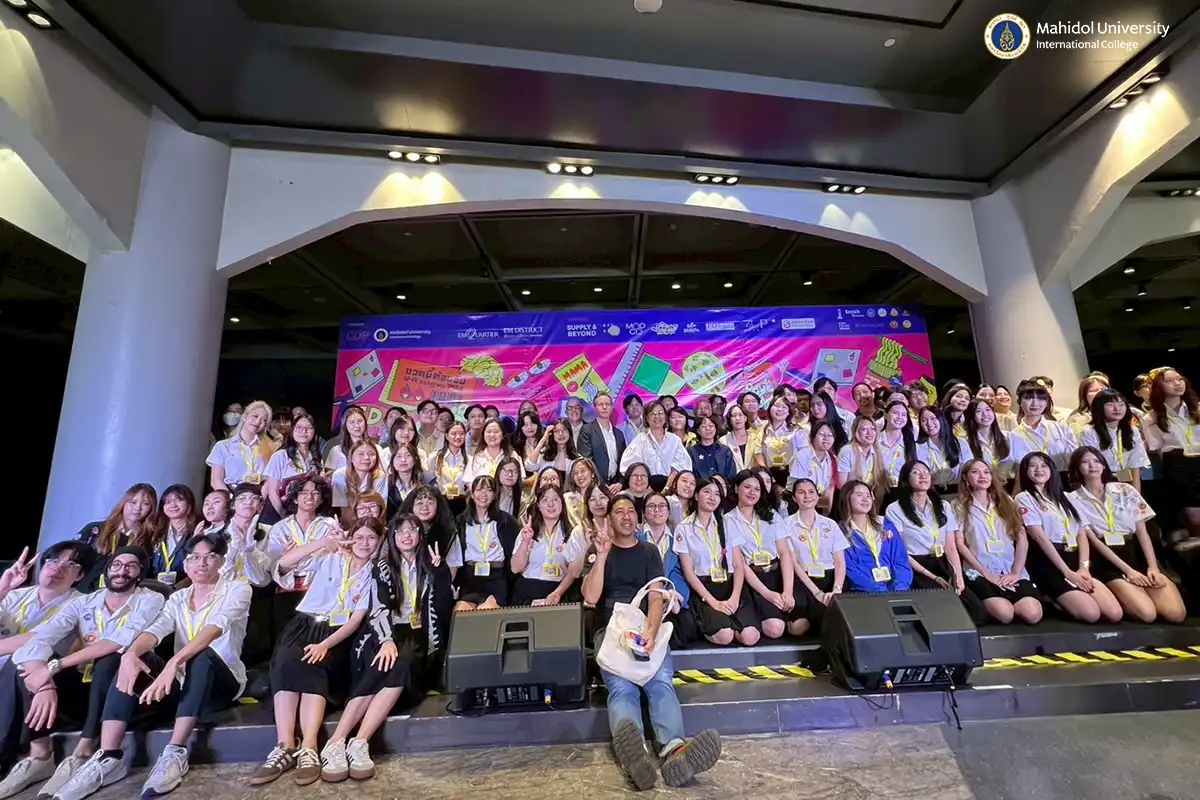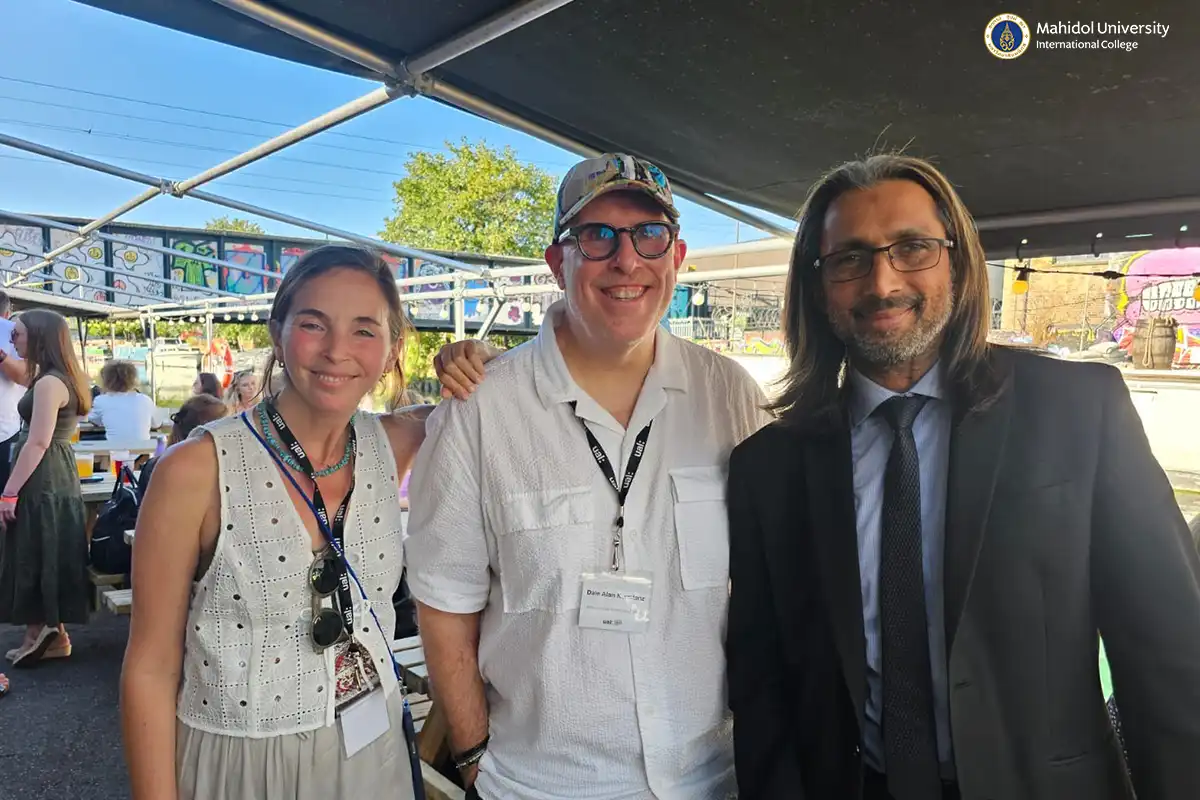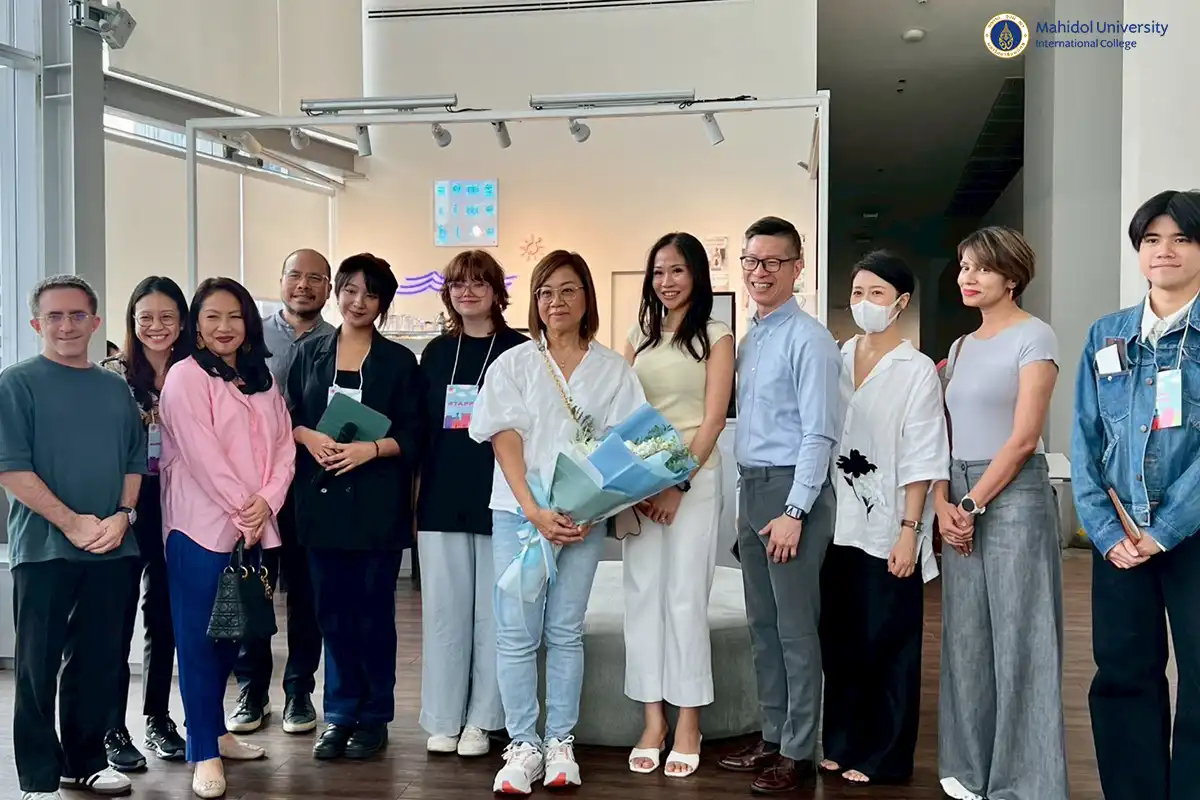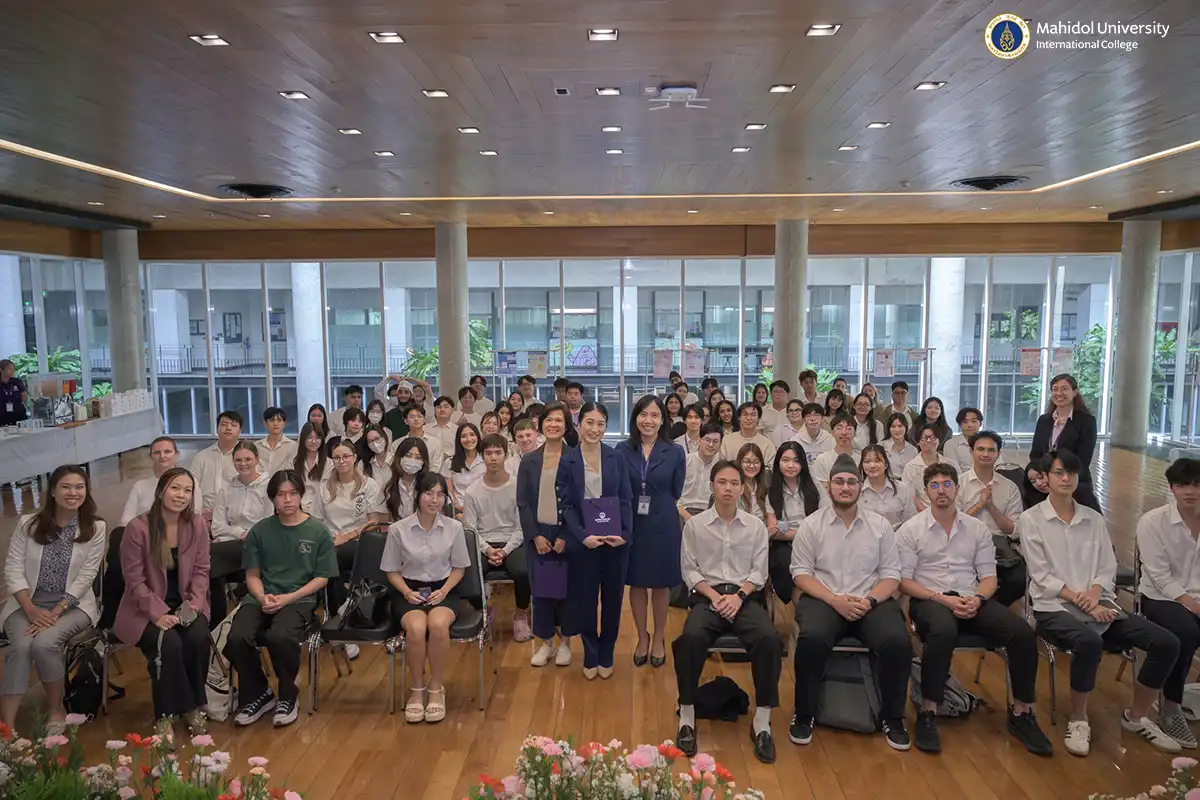Mahidol University International College (MUIC)
April 2, 2021 2025-07-08 7:37Mahidol University International College (MUIC)
Application period
UNDERGRADUATE ADMISSIONS:
- Thai students and Foreign Residents
| Round |
Application
period |
How to apply |
|---|---|---|
|
1 |
April 22 – May 2, 2025 |
|
|
2 |
June 24 – July 4, 2025 |
|
|
3 |
October 1 – 10, 2025 |
|
|
4 |
January 13 – 27, 2026 |
- Overseas Students Foreign Nationals Residing Outside of Thailand (Click here!)
GRADUATE ADMISSIONS:
| Program |
Application period |
How to Apply |
|---|---|---|
|
MBA |
TBA |
N/A
|
|
MM |
April 1- July 31, 2025 |
Be the best version of yourself here at MUIC
0
Years of Operation
0
Nationalities of Faculty and Students
0
Students
0
Alumni
Student Stories
Hear from our students

Thanakit Chaichanawong
Current Student
Major In Computer Engineering
“Discovering life on your own is possible, but having MUIC accelerate discovering process is significantly more effective. They provide one of the most vital in life, the opportunities. I'm so grateful to be a student in MUIC as I have a chance to access high education standard allowing me to build the best version of me today.”
Major In Computer Engineering
“Discovering life on your own is possible, but having MUIC accelerate discovering process is significantly more effective. They provide one of the most vital in life, the opportunities. I'm so grateful to be a student in MUIC as I have a chance to access high education standard allowing me to build the best version of me today.”
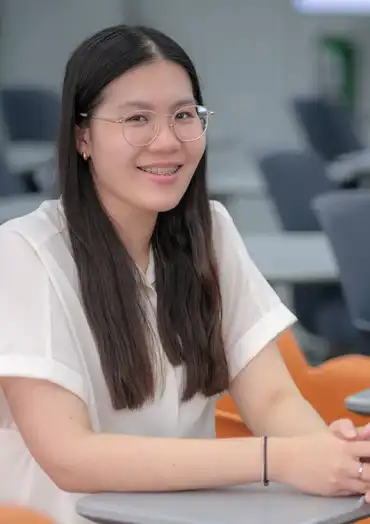
Siriyakorn Chudhakorn (Punch)
MUIC Class Of 2021
Major In Biological Science,
Currently Pursuing A Medical Degree Program At Chulalongkorn University International Medical Degree Program.
“During my time at MUIC, I gained a lot of experience participating in many research projects that the professor here offers. This allowed me to explore myself and gave me chances to pursue my dream after graduating. The guidance from dedicated advisors at MUIC is something for which I am very grateful. I encounter many good friendships working toward similar goals here in this community; coming here is definitely a choice that I won’t change.”
Major In Biological Science,
Currently Pursuing A Medical Degree Program At Chulalongkorn University International Medical Degree Program.
“During my time at MUIC, I gained a lot of experience participating in many research projects that the professor here offers. This allowed me to explore myself and gave me chances to pursue my dream after graduating. The guidance from dedicated advisors at MUIC is something for which I am very grateful. I encounter many good friendships working toward similar goals here in this community; coming here is definitely a choice that I won’t change.”

Pheem Chokrasamesiri
MUIC Class of 2015
Major In Tourism And Hospitality Management
Chef Owner at Kruasiam Restaurant & Freelance Chef with Celebrity chef inside and outside Thailand
“MUIC taught us not only inside the book but also outside the book. With Tourism and Hospitality program, I have learnt a lot from our best lecturers and also from staffs at Salaya Pavilion. To work in food industry, I would say it’s very hard and get a lot of pressure, but MUIC has prepared me well enough for the outside world. Last but not least, I am so proud to say that I am MUIC alumni.”
Major In Tourism And Hospitality Management
Chef Owner at Kruasiam Restaurant & Freelance Chef with Celebrity chef inside and outside Thailand
“MUIC taught us not only inside the book but also outside the book. With Tourism and Hospitality program, I have learnt a lot from our best lecturers and also from staffs at Salaya Pavilion. To work in food industry, I would say it’s very hard and get a lot of pressure, but MUIC has prepared me well enough for the outside world. Last but not least, I am so proud to say that I am MUIC alumni.”
Upcoming Events
16
Jul
CUHK Business School Master’s Programmes 2026
8:00 am - 5:00 pm
31
Jul
Registration Schedule Summer Session 2024 – 2025
8:00 am - 6:00 pm
23
Jun
Withdrawal Period for Trimester 3/2024-2025
8:00 am - 11:00 pm
10
Jun
Gender Festival 2025
10:00 am - 6:00 pm
20
Jun
Explore the World of MUIC!
8:00 am - 4:00 pm
Prince Mahidol Hall Conference Center, Mahidol University, Salaya Campus
